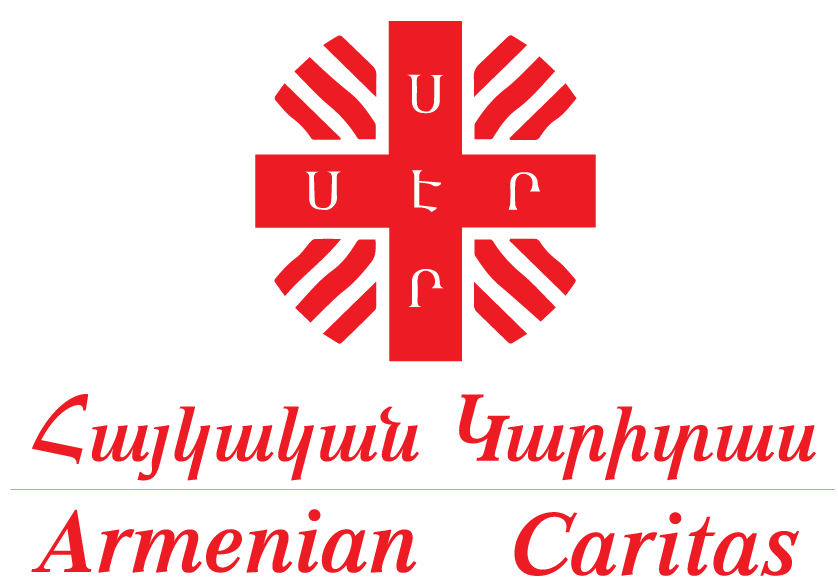Project Duration: October 1- 2020-December 31 2020
Number of Beneficiaries: 250 vulnerable households
Location: 4 Regions of Armenia/14 Catholic Villages
Background: In Armenia the first confirmed cases of COVID-19 were announced in the beginning of March, 2020. On March 16, 2020, Armenia declared a state of emergency, taking measures to minimize risks of infection during the outbreak of COVID-19[1]. Actions included closure of schools and universities, prohibiting the activities of public catering facilities, trade, public events with more than 20 persons in attendance, restrictions on movement within the country, screening and quarantine measures, and restriction of entry into Armenia.
By July 07, 2020 there were already 29.285 confirmed new Coronavirus cases in Armenia, out of which 11.711 were active cases getting medical treatment, 16.907 persons have recovered, while death toll rose to 503 persons.
Despite the measures undertaken by the Government of Armenia to mitigate the socio-economic consequences of COVID-19 and taking into account the above-mentioned forecasts by the international financial institutions, the situation will gradually deteriorate in the upcoming months. The measures by the Government of Armenia were one-time assistance, it did not ensure sustainability and the measures did not cover all the gaps. In addition, the unemployment rate will increase mostly affecting low-income multimember households (HH) living in poverty or below poverty line. Many HHs before the pandemic relied mostly on daily earnings to sustain their families. Many socially vulnerable HHs will face shortage of financial resources to keep up their families and cover the basic needs of family members – food commodities and hygienic items, etc. The HHs having difficulties to take care about their first priority items, will have difficulties to get personal protection preventive items for COVID-19, which in its turn, will increase the risk of getting infected. Besides, a part of the vulnerable members of the society are simply unaware about the information sources to check their eligibility for the support packages or they were not included in the support lists because of missing some criteria.
The project will focus on most vulnerable HHs that did not benefit from the state support and are struggling hardly to overcome the negative impacts of C OVID-19. The project will use its network with its stakeholders to focus on most vulnerable HHs and escape double targeting.
Goal: Mitigate negative socio-economic impact of COVID-19 pandemic for vulnerable households in Armenia
Objective 1: Support 250 vulnerable HHs in 4 Marzes of Armenia, Syrian Armenians through provision of aid packages including food commodities and hygienic items.
Partners: CNEWA/Canada
Budget: USD 35,000.0
